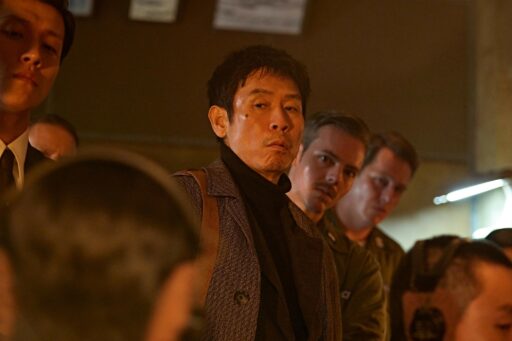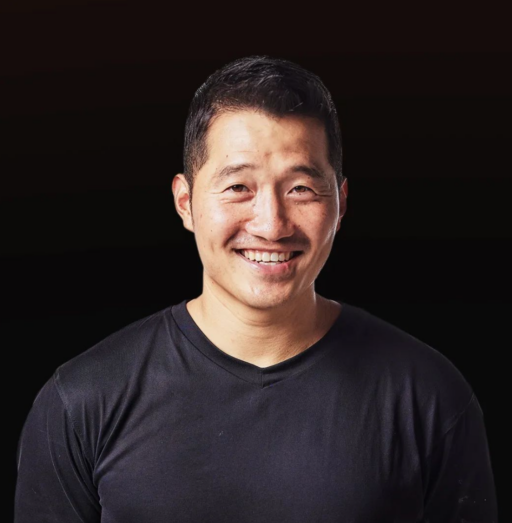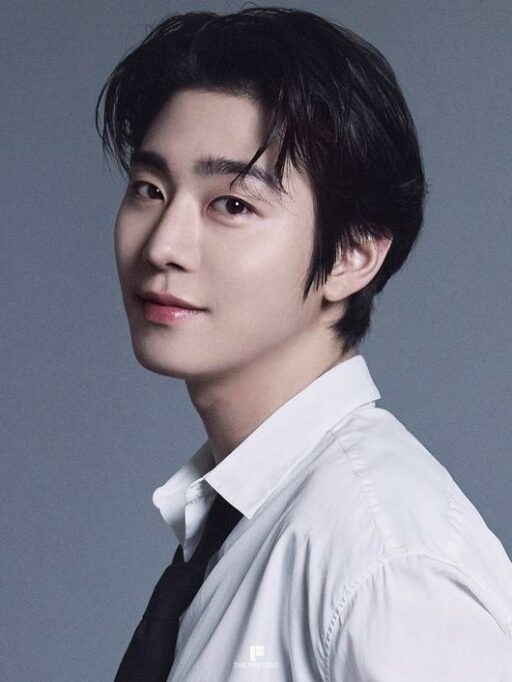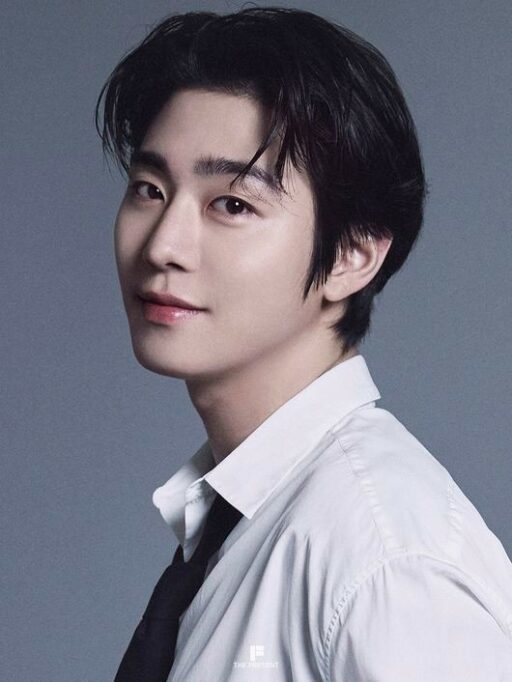
Actor Ahn Hyo-seop shared his thoughts on the success of "K-Pop Demon Hunters." The Netflix animation "K-Pop Demon Hunters" (directed by Maggie Kang and Chris Appelhanz) was released on the 20th and has received a hot response, ranking first in the 'Top 10' in 41 countries worldwide.
At the center of it all was the main character, 'Jin-woo.' Jin-woo is a member of the boy group 'Lion Boys' in the animation and also serves as a grim reaper that targets human souls. Ahn Hyo-seop provided the English dubbing for Jin-woo.
He revealed his motives for participating, stating, "I was curious about voice acting. I also wanted to give back to the overseas fans who have shown great love. After receiving a letter from director Maggie Kang, I felt I wanted to be a part of it."
He also disclosed his working method, saying, "We recorded via video call with the production team in the United States. We filmed expressions together to create references, which I used to portray my character."
He emphasized the message of the work, expressing, "I want to convey the message that everyone has their inner darkness, and sometimes it takes courage to acknowledge and confront it. I hope this work serves as a source of comfort and courage."
"K-Pop Demon Hunters" depicts the double life of the idol group 'Hentricks,' who fight against demons threatening humans off stage. It has received praise for harmoniously blending K-pop, fantasy, action, and traditional Korean culture.
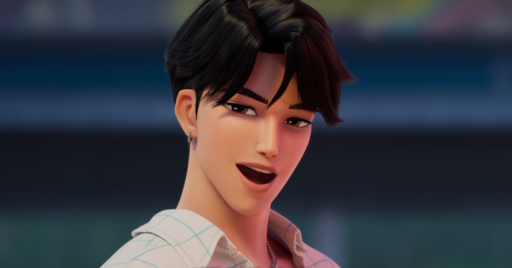
<Below is Ahn Hyo-seop’s Q&A session>
<Below is Ahn Hyo-seop’s Q&A session>
Q: What motivated you to participate in "K-Pop Demon Hunters"?
A: I was curious about the working method of voice acting. More than anything, I wanted to create joyful memories for the fans who have given so much love from abroad. Before participating in the project, director Maggie Kang sent me a letter where I could feel her warm interest in me and deep affection for the work. I believed in that sincerity and naturally developed a desire to create something good together.
Q: How was the recording method?
A: I was in Korea, and the production team was in the United States, so we worked via video call. During the recording, I placed a camera next to the microphone, capturing my expressions and movements. The recorded reference videos were used to inform detailed depictions of Jin-woo’s expressions, emotions, and movements. It seems that this process and the efforts of the production team allowed me and Jin-woo to synchronize.
Q: What was it like working with directors Maggie Kang and Chris Appelhanz?
A: The genre of animation was a new working method for me, so there were parts that felt unfamiliar and challenging. However, the directors guided me delicately and warmly, enabling me to adapt quickly. For example, even in the same scene, they allowed me to experiment with different emotional depths, speech speeds, and pauses. I’m grateful they created an environment where I could express myself freely.
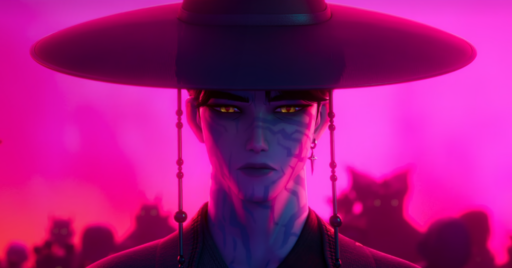
Q: What is the reason for the devil within Jin-woo?
A: I think it's created from Jin-woo’s guilt that has weighed him down and from the pain and regret stemming from unavoidable choices. Facing and accepting one’s inner darkness is never easy, but I believe it is a process that we all go through. Through such moments, Jin-woo also confronts himself and becomes a stronger person.
Q: What was your feeling when you first saw the work?
A: I felt a tightness in my chest. Even while reading the script, I couldn’t quite imagine how it would be realized. However, when I finally saw the completed film, it surpassed my imagination, becoming a work that is incredibly beautiful and moving. Each scene felt dreamlike.
Q: What sets "K-Pop Demon Hunters" apart from other animations?
A: I think the biggest difference is that it is an animation centered around emotions. Typically, music exists as a background in animations, but in this work, music, story, and emotions are organically connected, making it feel like a stage performance. At the same time, it feels like a movie and a performance.
Q: What message do you want to convey through the work?
A: I want to convey the message that everyone has their inner darkness, and sometimes it takes courage to acknowledge and confront it. In the end, Lumi gains the strength to believe in her own voice and move forward. I hope this aspect brings comfort and courage to many people.
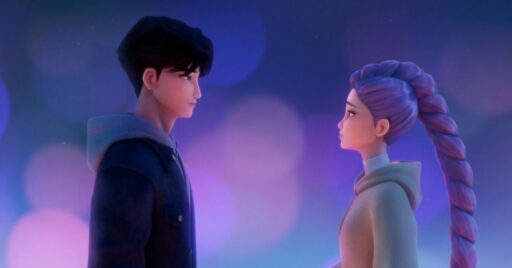
<Photo credit: The Present Company, Netflix Capture>
